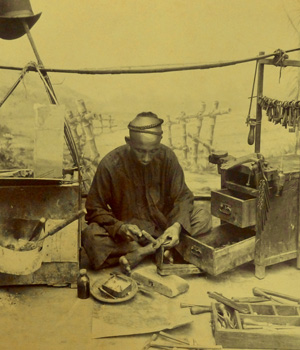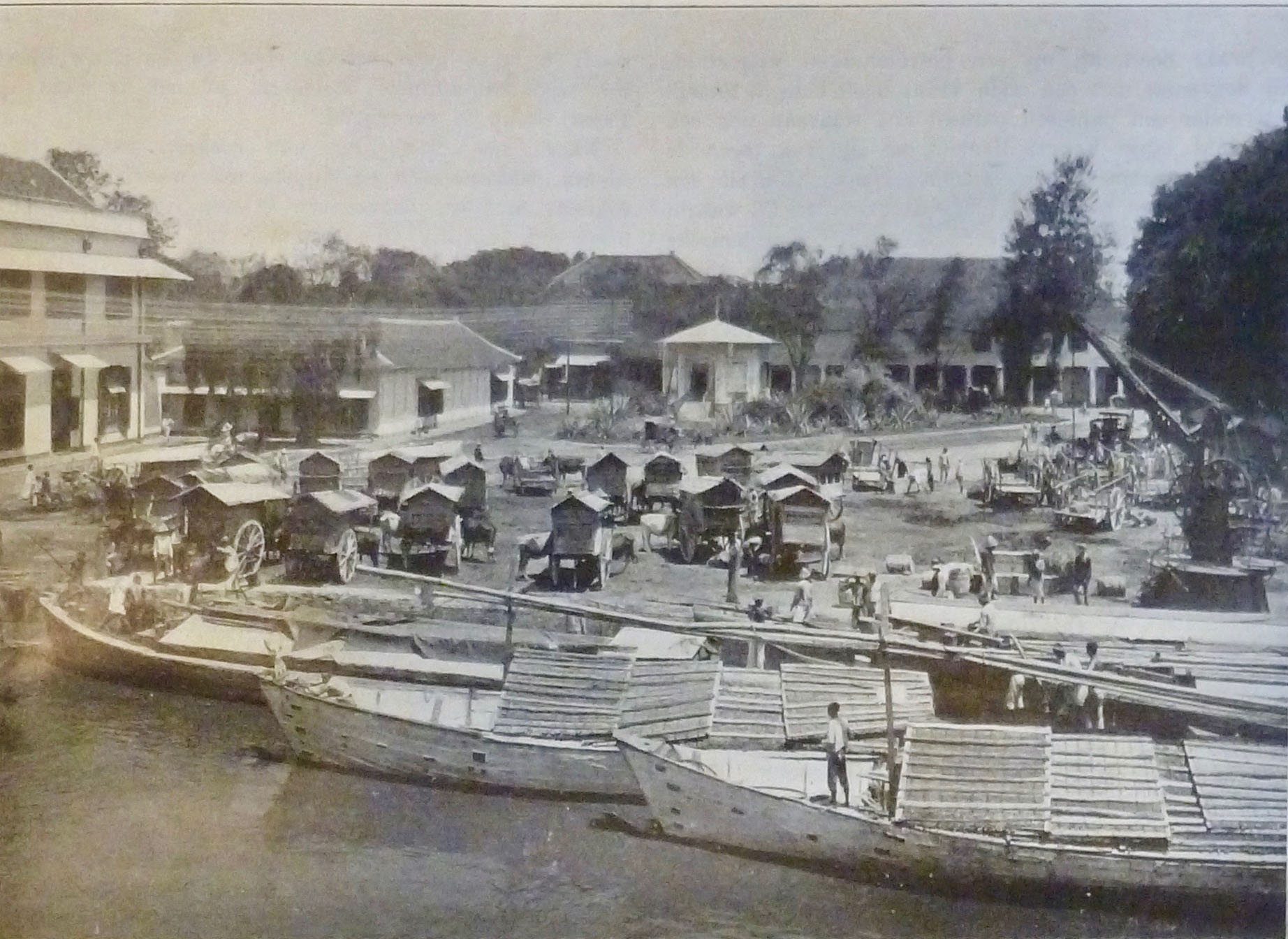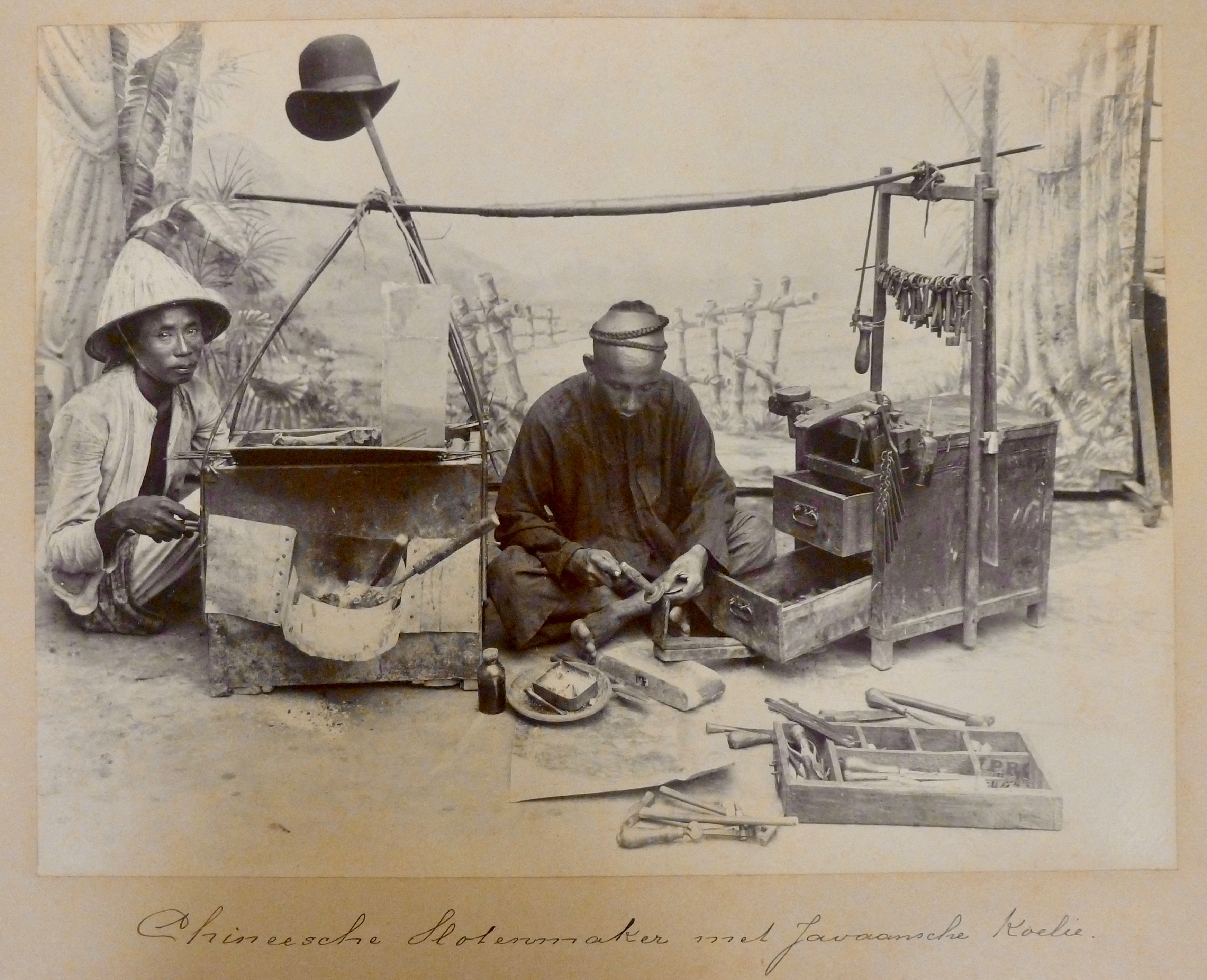Pictures on the Move
Staging the World Photographically
Seminar led by Sophie Junge
‘There is in fact no such thing as an instantaneous photograph,’ wrote American photo historian John Szarkowski, confidently, in 1966. ‘Ja, was ist sie denn, die Fotografie?’ (Okay, but what is photography, then?), replied Urs Stahel, curator and former director of Fotomuseum Winterthur, in 2003.
Since it was invented in the nineteenth century, photography has been accompanied by questions regarding the meaning of the medium. Photographs are both artistic and historical sources. They document and stage, attest and conceal.
In my own research as a photo and art historian, I pose questions regarding the meaning of the photographs that circulated, both as objects and as images, around 1900: Photographic images travelled as souvenirs in European tourists' luggage from Singapore to Marseille. Those photographs were later collected, hung on the wall, and pasted into photo albums. Photographic images also travelled within media when they were reproduced on postcards or in illustrated magazines. What do they explain about the contexts from which they derive? What expectations do they fulfill regarding the image of foreign colonies? Where are these images today, and what kind of impact do the archives in which they are preserved have on the images themselves?
In this seminar, we will attempt to reconstruct the complex meanings possessed by photographs dating from the period around 1900. Their status as historical, ethnographic, and artistic sources is also something that is up for debate. With an eye toward the history of the medium, we will ultimately ask about the role of photographs as Denkbilder or ‘images of thought’.
Dr. Sophie Junge coordinates the research project Camera Work at the Institute of Art History of the University of Zurich. More
Related contributions



